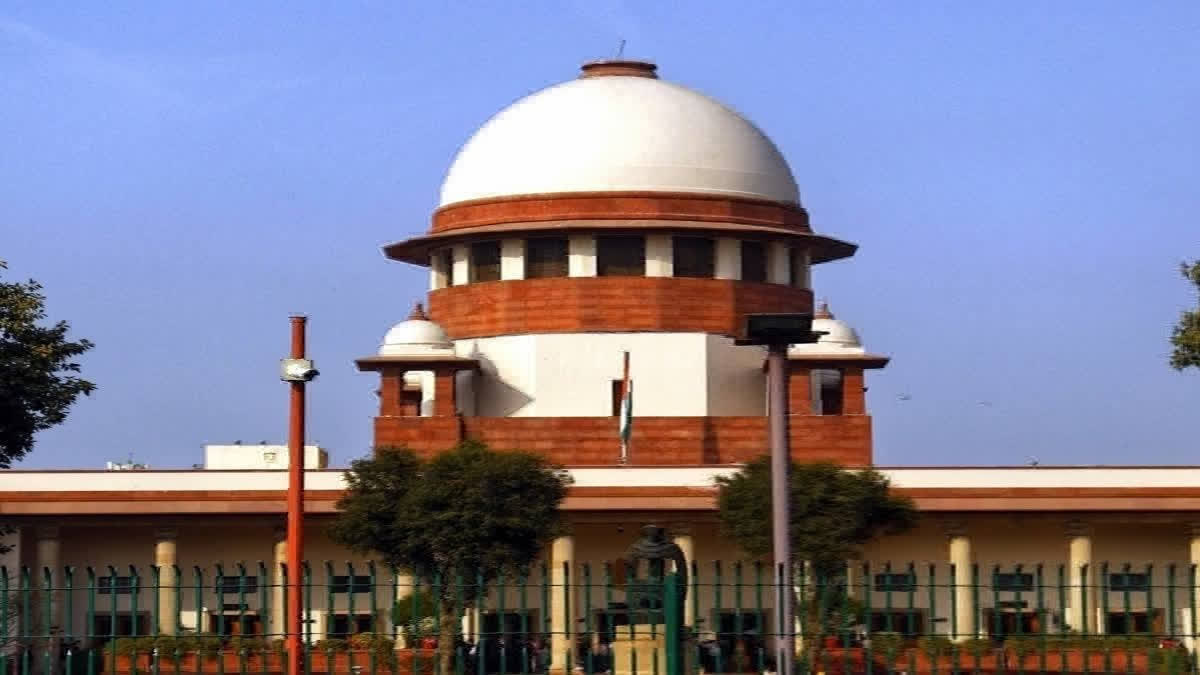New Delhi: In a historic decision, the Supreme Court on Tuesday set aside the Allahabad High Court judgment, which declared the 2004 Uttar Pradesh Board of Madarsa Education Act unconstitutional.
A three-judge bench led by Chief Justice of India D Y Chandrachud and comprising Justices J B Pardiwala and Manoj Misra affirmed the validity of the state legislation and held that "mere fact that a legislation includes some sort of religious training or instruction does not make it unconstitutional".
The apex court stressed the state's important role in ensuring that educational standards in madrasas align with modern academic expectations, and also declared that madrasas cannot grant degrees of higher education since it is violative of the UGC Act.
The apex court said that the high court erred in holding that the statute is bound to be struck down if it violates secularism, and stressed that the state can regulate the standards of the education.
The CJI, pronouncing the judgment on behalf of the bench, said that the Act is consistent with the positive obligation of the state to ensure that the students studying in recognized madrasas attain a minimum level of competency, which will allow them to effectively participate in society and earn a living.
The CJI said that the high court erred in holding that the education provided under the Act is violative of Article 21 A.
“The right of religious minorities to establish and administer madrasa to impart both religious and secular education is protected under Article 30. The Board and the state government have sufficient regulatory powers to prescribe and regulate the standards of education for the madrasa”, said the CJI.
The bench said while the madrasa do provide religious instructions, their primary aim is education and Entry 25 of List III which pertains to education must be given a wide meaning to include all ancillary subjects comprehended within the Entry. “The mere fact that the education sought to be regulated includes some religious teachings or instructions does not automatically put the legislation outside of the legislative competence of the state”, said the bench.
The judgment was delivered on petitions filed by Anjum Kadari and others. The apex court also declared that the Act, to the extent it regulated higher education in relation to 'Fazil' and 'Kamil' degrees, was in conflict with the UGC Act and to that extent it was unconstitutional. The detailed judgment will be uploaded later in the day.
Read More



